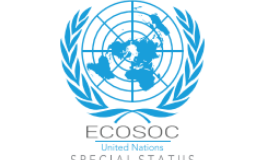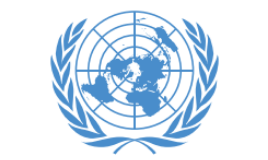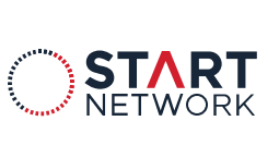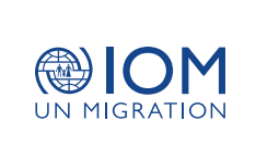Qatar Charity launches ‘Warmth Convoys’ initiative

2/15/2022 | Media Center

Qatar Charity (QC), in cooperation with several media professionals, sportspersons, social media influencers, and social activists, launched the ‘Warmth Convoys’ initiative, in support of refugees and internally displaced persons (IDPs).
The initiative, which comes as part of Qatar Charity’s winter drive ‘Warmth and Peace’, will continue until March 1, 2022.
Qatar Charity, through this initiative, aims to collect financial and in-kind donations to deliver winter aid to refugees, IDPs, and underprivileged families to meet their winter needs. The aid, which will include food, shelter, health, and non-food assistance, will contribute to bringing joy to these vulnerable people and lessening their suffering in winter.
The ‘Warmth Convoys’ initiative is a competition in doing good between the northern, central and southern regions of Qatar. Three teams will contest in fundraising. The Northern Region Team, led by Mr. Ibrahim Al-Harami, will collect donations at specified collection points in Rawdat Al Hamama, Al Mazrooah and other areas.
The Central Region Team, led by Mr. Abdul Rahman Al-Ashkar, will collect donations from Al Kheesa and Bu Hamour to Dukhan. The Southern Region Team, led by Mr. Mohsen Jasim, will collect donations from Al Thumama, Al Hilal, Al Matar Al Qadeem, Al Wakra and Al Wukair to the far southern areas.
In-kind donations will also be made at specific collection points during February16-20, 2022. Pieces of jewelry and cars can also be donated for the campaign.
Qatar Charity urges benefactors and the owners of shops and companies to support the initiative to benefit the largest possible number of refugees and IDPs. One can support the teams by registering through the link (https://www.qcharity.org/en/qa)
It is worth noting that Qatar Charity is implementing the winter campaign in 18 countries worldwide, aiming to deliver aid, worth nearly 90 million Qatari riyals, to more than 1.4 million people, including IDPs, refugees, and underprivileged families.









